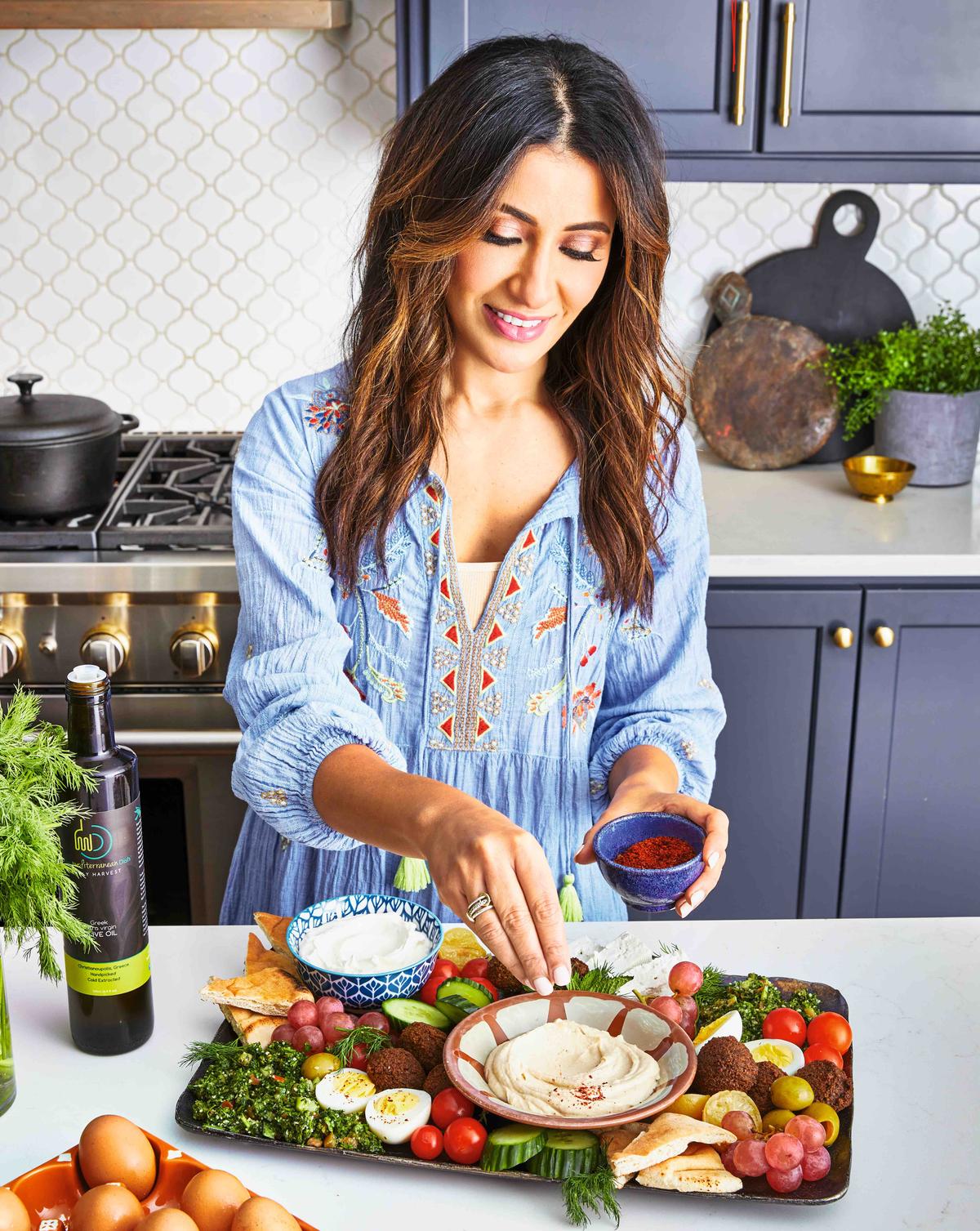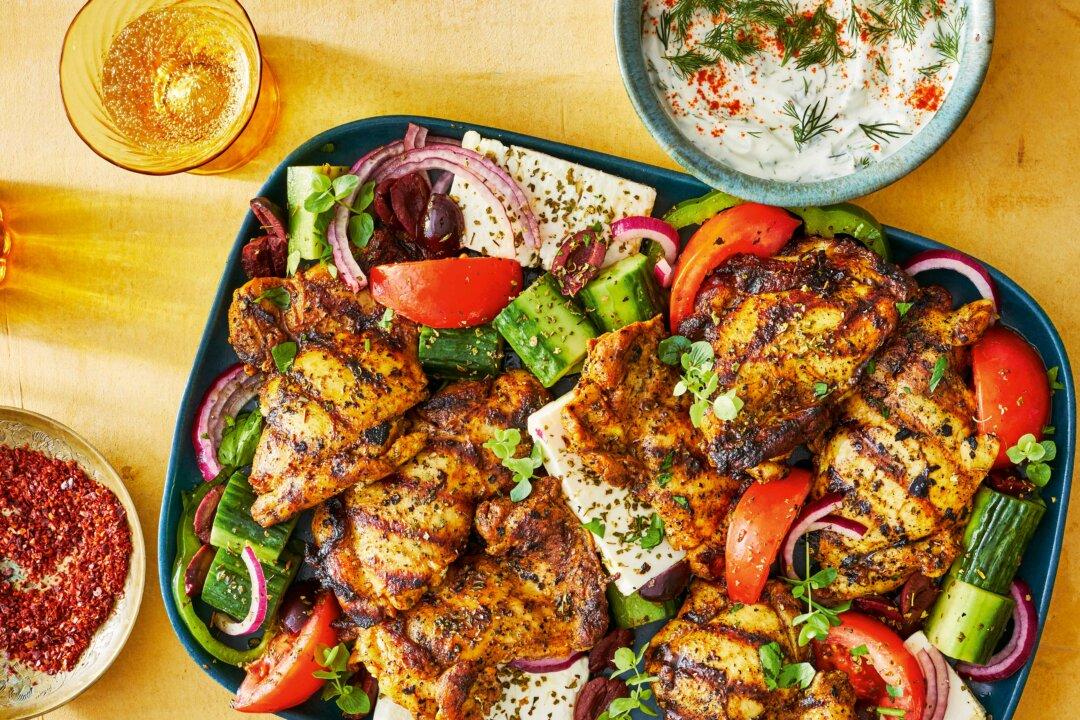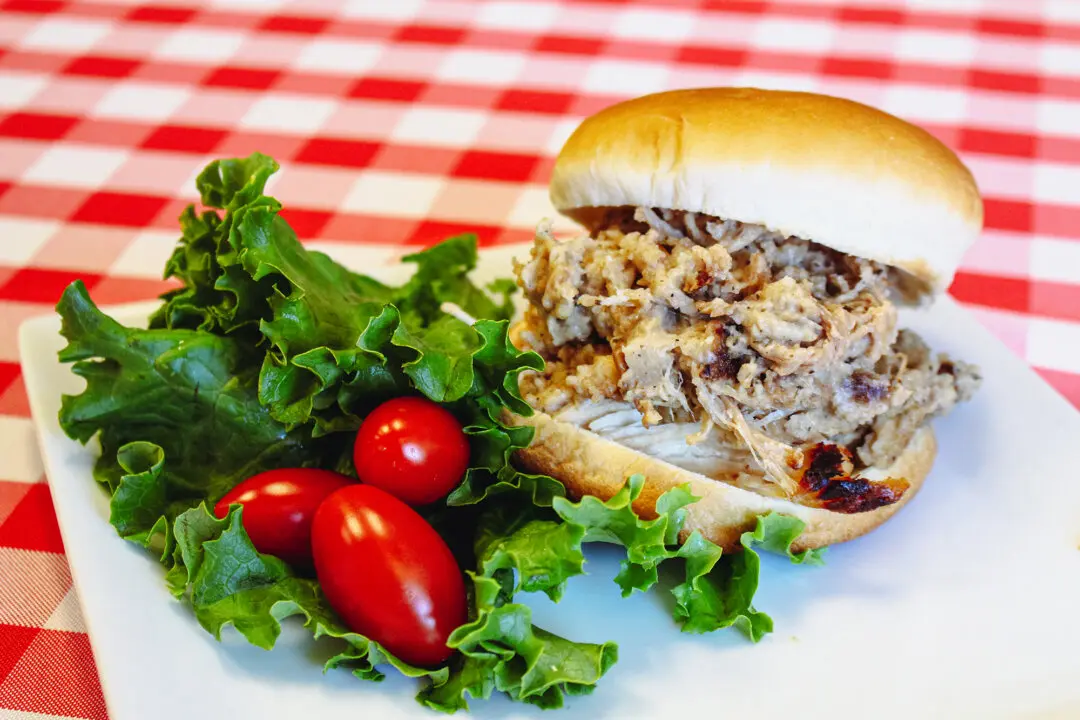What began as a humble blog that Egyptian-born Suzy Karadsheh created to share recipes and family stories with her daughters has grown to become the largest website for modern Mediterranean cooking, attracting millions of monthly visitors. She published her first cookbook, “The Mediterranean Dish Cookbook: 120 Bold and Healthy Recipes You’ll Make on Repeat,” in 2022. In a chat with American Essence, she reflected on her cooking and upbringing and shared some handy tips and recipes for home cooks looking for easier, healthy options.

Suzy Karadsheh prepares a spread of mezze: small, shareable bites that typically start off a Mediterranean meal. Caitlin Bensel





